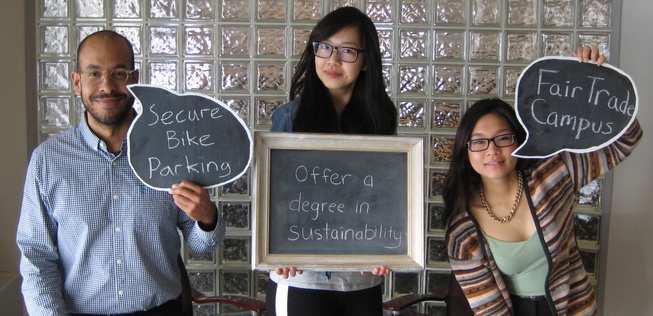Starting a Killer Society at Uni
Student societies are part of university life, and for some students, they are a way of getting to know other people while being involved in something they are interested in. They are usually started because someone notices a niche where there is not one, and are run by the students themselves.
Applying To Set Up A Student Society
You cannot just decide to start a student society and say to people this is it, we are here. You have to have your idea approved and to get the OK you need to have at least 10 other people who would become members. The decision makers at your university will also be looking to see how you intend to move the idea forward. How will you let other students know about it? Will you consider getting posters printed for the society by a company like www.printsafari.com or you will be relying on social media and word of mouth to get your new society known, which is fine, but students are often out and about and a big bold poster will be seen. Cover all of the bases and you’ll get a better turnout.
Getting Your Team Together
Most universities will want a society to have a present, a vice present, a secretary and a treasurer. When you are starting out you will probably appoint the first batch of officers yourself and you should try to aim for a range of talents. Look at your weaknesses and find students who have these as a strength as you should never think you can do everything yourself.
Funding The Venture
When it comes to funding you should run your society in the same way as you would run a business, and doing so will give you some insight into running a business if that is something you’d like to do after graduation.. Keep strict records of membership fees as they come in and any expenses that have to be paid out. As a student society registered with your university, you can often use venues and facilities free of charge and some of them have a startup fund they give to new societies that can be as much as £100.
Getting Students Interested
There are lots of ways to get students interested in your new society. If your society is TV or film themed you could hire costumes to attend events like the ones at https://metaphysicalfantasy.wordpress.com/. All four team members could go as characters from Star Trek, for example, as long as there are no arguments over who wears the big ears to be Spock. You could dress up as Alan Titchmarsh and Charlie Dimmock if you are starting a Gardening Society or be Gordon Ramsey for a Hell’s Kitchen Society. The choice is endless and so are the ways of letting people know you are then and when your first meeting will be.
Letting Go
So, you start a successful student society, and the skills you have had to use can be useful when you leave university. In fact, most employers are very impressed because a student has run a society and it could tilt the balance between you and another candidate for the job you are after.
You will have put a lot of effort into the society you founded and it should not close just because you are leaving university. The officers will need to be replaced and that should be dome with a democratic vote among the members. It is not easy to stand by and watch someone else take over something you started, but you should be proud of yourself that it is still around to pass on.














